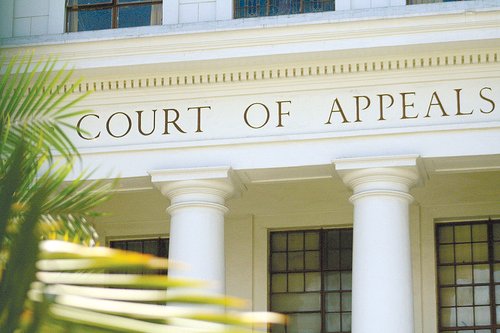19.07.2019 02.55 GMT+0000

Research indicates that disclosing conflicts of interest may not have the desired effects.
19.07.2019 02.55 GMT+0000

Research indicates that disclosing conflicts of interest may not have the desired effects.
25.06.2019 05.38 GMT+0000

The SEC has adopted new rules for broker-dealers that expand disclosure requirements and require broker-dealer to act in the “best interest” of customers.
12.12.2018 06.53 GMT+0000

Initiatives to provide participants with protection from conflicted service models frequently meet with resistance from…the financial industry. What can employers do?
27.04.2018 03.36 GMT+0000

The SEC has now weighed into this fiduciary fray, proposing new rules governing the behavior of broker-dealers.
10.04.2018 04.07 GMT+0000

Conflicting court opinions, dueling regulators and uncertain direction from the executive branch are making it harder for plan fiduciaries to do their jobs.
19.03.2018 09.00 GMT+0000

The U.S. Court of Appeals for the Fifth Circuit has issued an opinion striking down the DOL’s new fiduciary rule. The decision will add more (unwelcome) uncertainty.